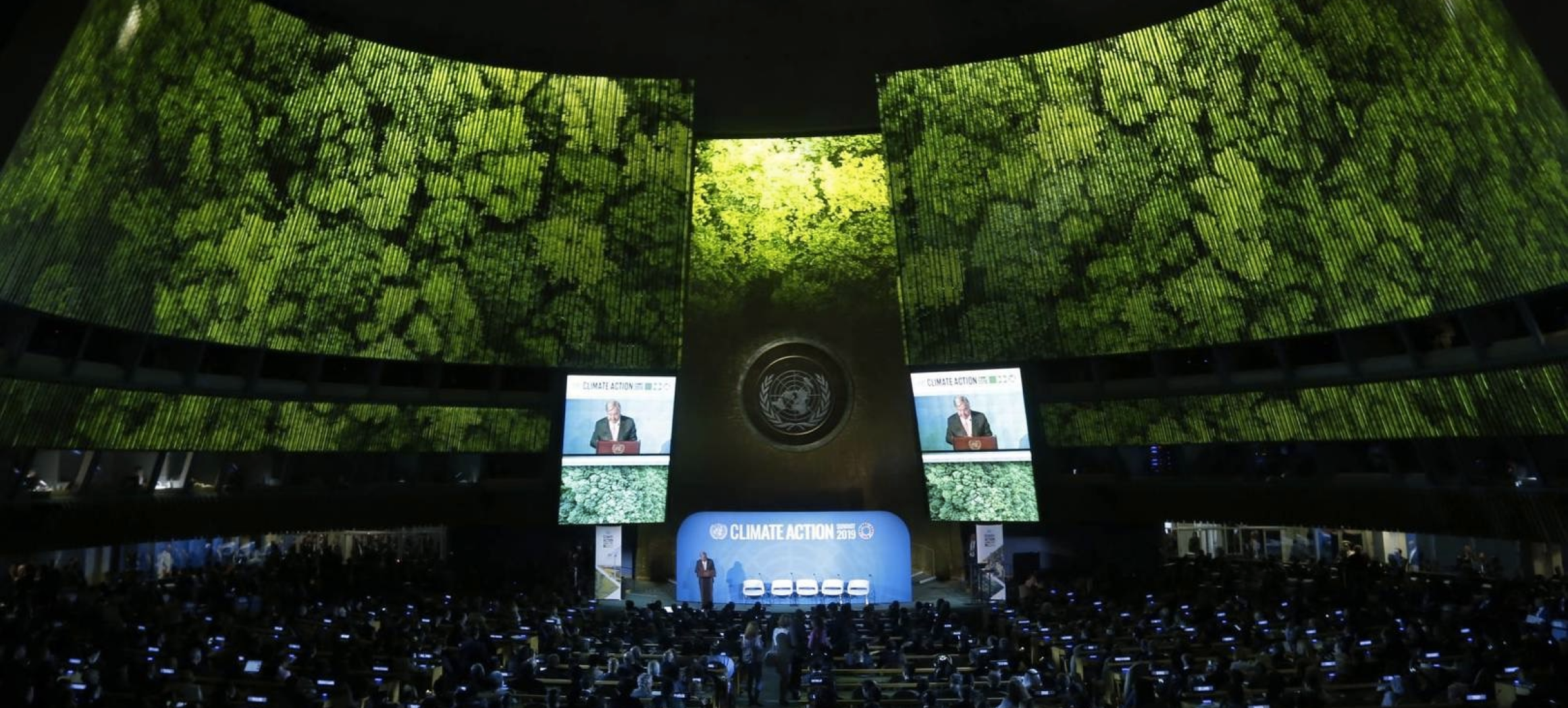Great Britain, Germany, and other leading countries fight the climate crisis through green energy
In 2015, 195 states discussed how to stop the environmental crisis and signed the Paris Agreement. The plan is as follows: the average temperature on the planet must not rise by more than 2°C. Although ratification of the agreement does not guarantee implementation, advanced countries take the climate crisis seriously. In addition to the climatic hazard, environmental changes cause enormous economic losses — even if the temperature rises by 1.5°C until 2030, the productivity of the world’s economies will fall by a total of 2.2% annually. This is equivalent to a loss of USD 2,400 bln.
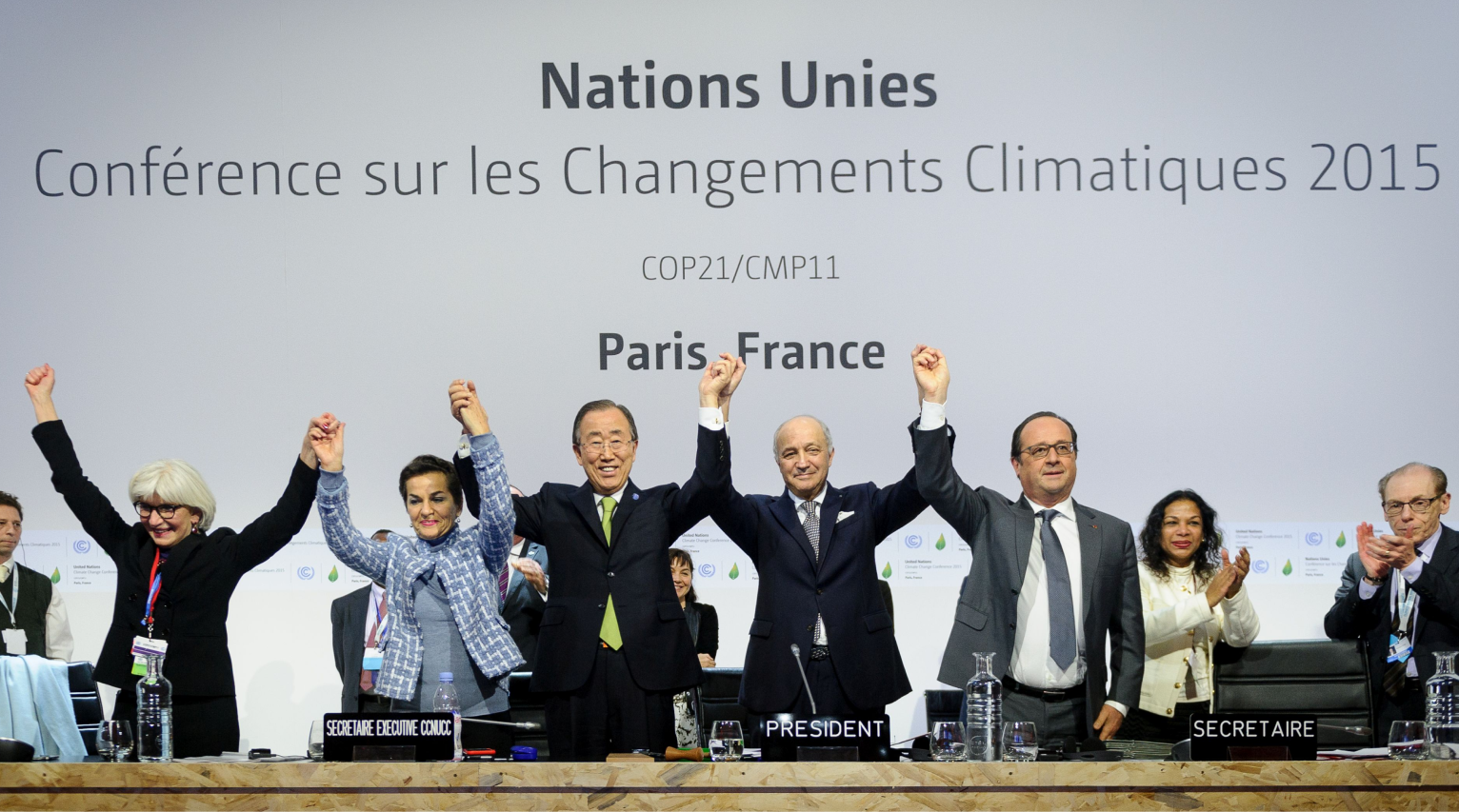
One of the priorities of the struggle was the transition to renewable energy sources — green energy. Most states do not have time to meet the planned quotas, but in general, everything resembles a speed race.
Recently, Great Britain had a so-called “green week” without coal — for the first time since 1882 (the President of Ukraine Volodymyr Zelensky referred to this example in his first official speech). Discussions are currently underway on the UK possibly reaching zero consumption of carbon-based fuels by 2050. This is a loud signal of changes that are taking place in the renewable energy market. According to Eurostat, in 2017, green energy consumption in the UK was slightly above 10%, and by 2020, this figure should increase, just as like in other European countries. Now the largest proportional consumers of “green energy” in the region are Sweden, Finland, Latvia and Denmark.
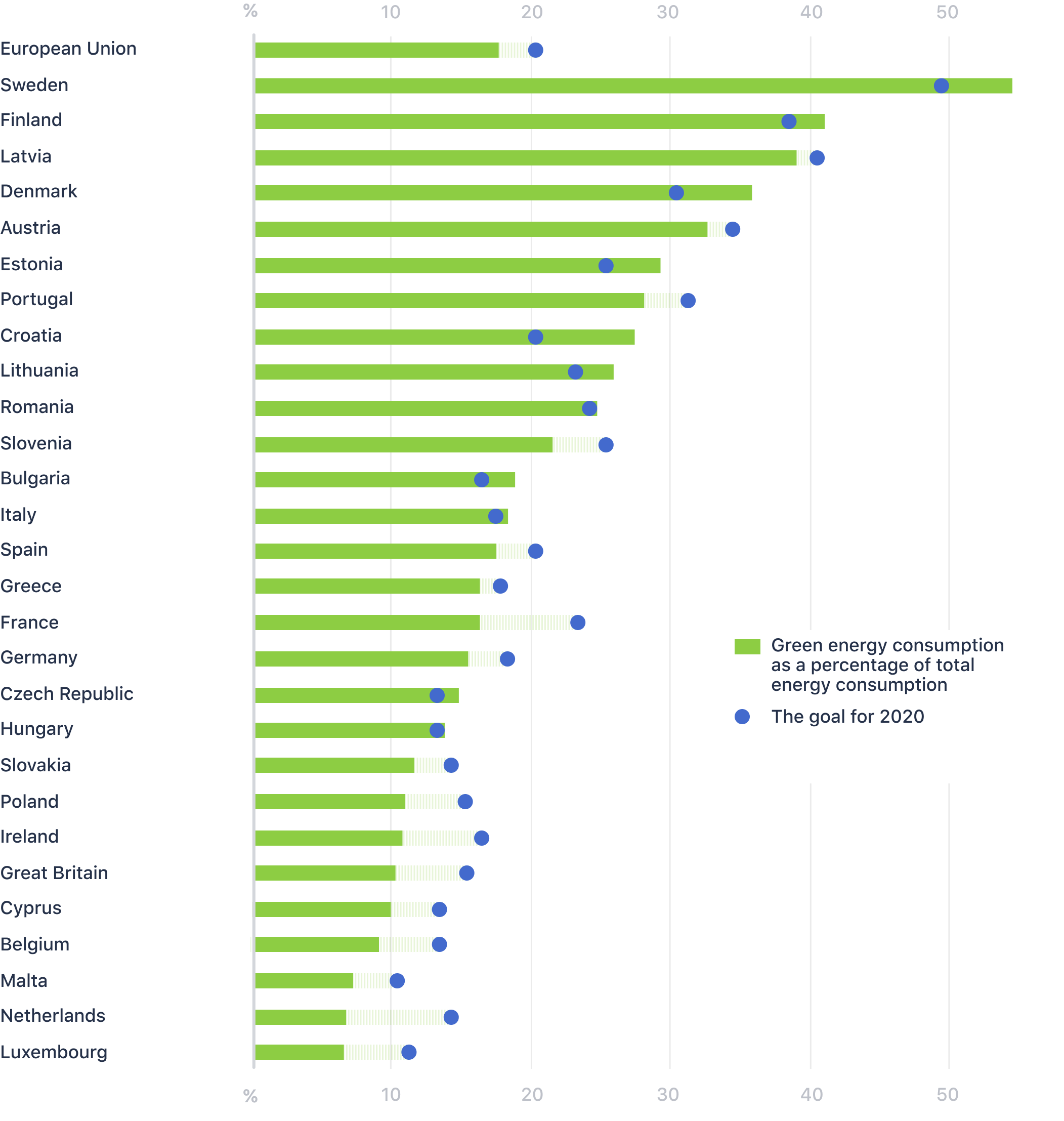
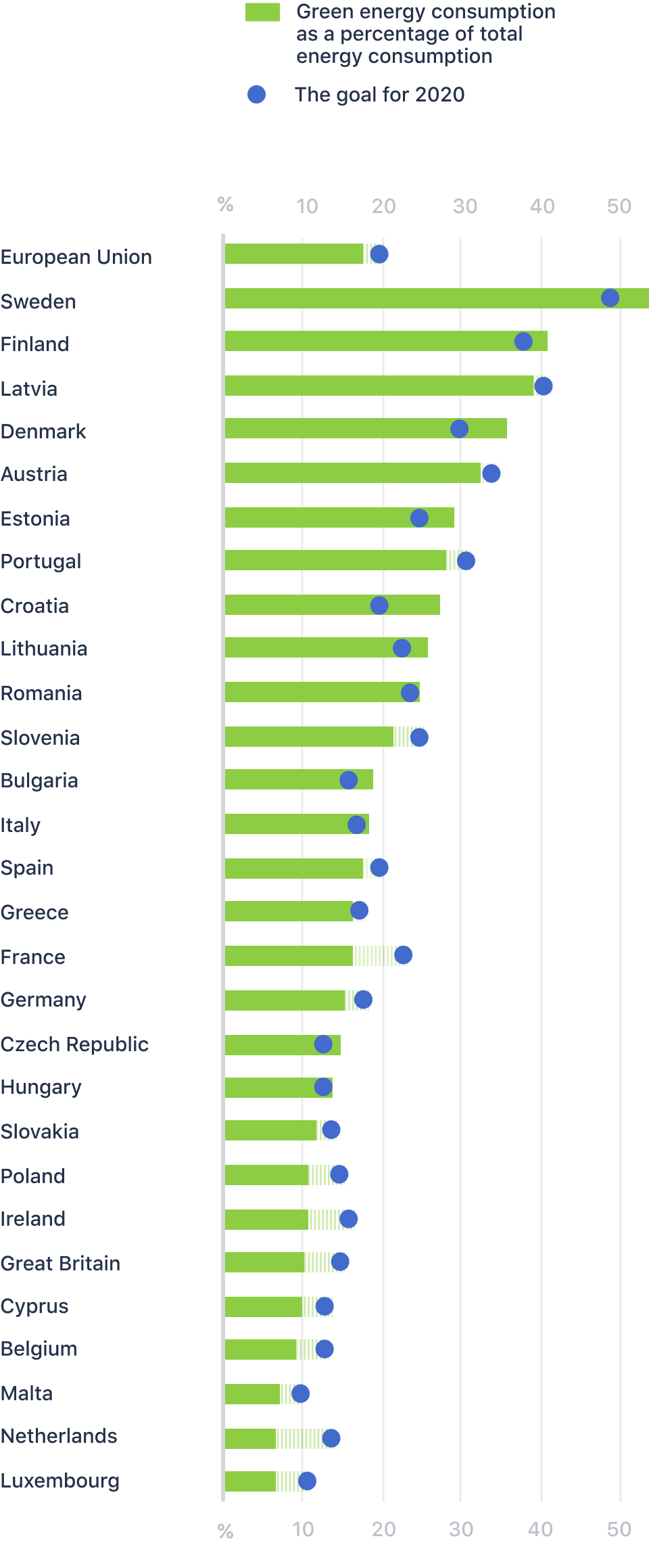
Germany has set itself the goal of increasing the share of green energy to 65% in 2035. German Chancellor Angela Merkel even got the nickname of “Climate Chancellor.” During her last term, she continues to fight for the implementation of the Paris Agreement.
France is set up the same way. President Emmanuel Macron announces “thousands of billions of euros of investments”, a “European Climate Bank”, and the introduction of taxes on carbon dioxide emissions into the atmosphere. France accelerates the transition to green energy. According to the new plan, by 2028, the capacities should double.
Sweden also plans to be the first to abandon fossil fuels. This was announced by Prime Minister Stefan Löfven in 2015.
Stars and activists popularize the environmental agenda. Yes, it really produces an effect
In the event of a climate crisis, we can talk about scientific consensus. 97% of climate scientists agree that human activity has caused warming. But without environmental activism, this conclusion would have remained in scientific publications and on library shelves.
In recent years, environmental movements have become more than declarations that the “planet is over”. Business is discussing the possibility of cooperation with governments to deal with the environmental crisis. Stars and opinion leaders join in environmental actions, independently initiate them and formulate the core idea that everyone is responsible for the fate of the planet.
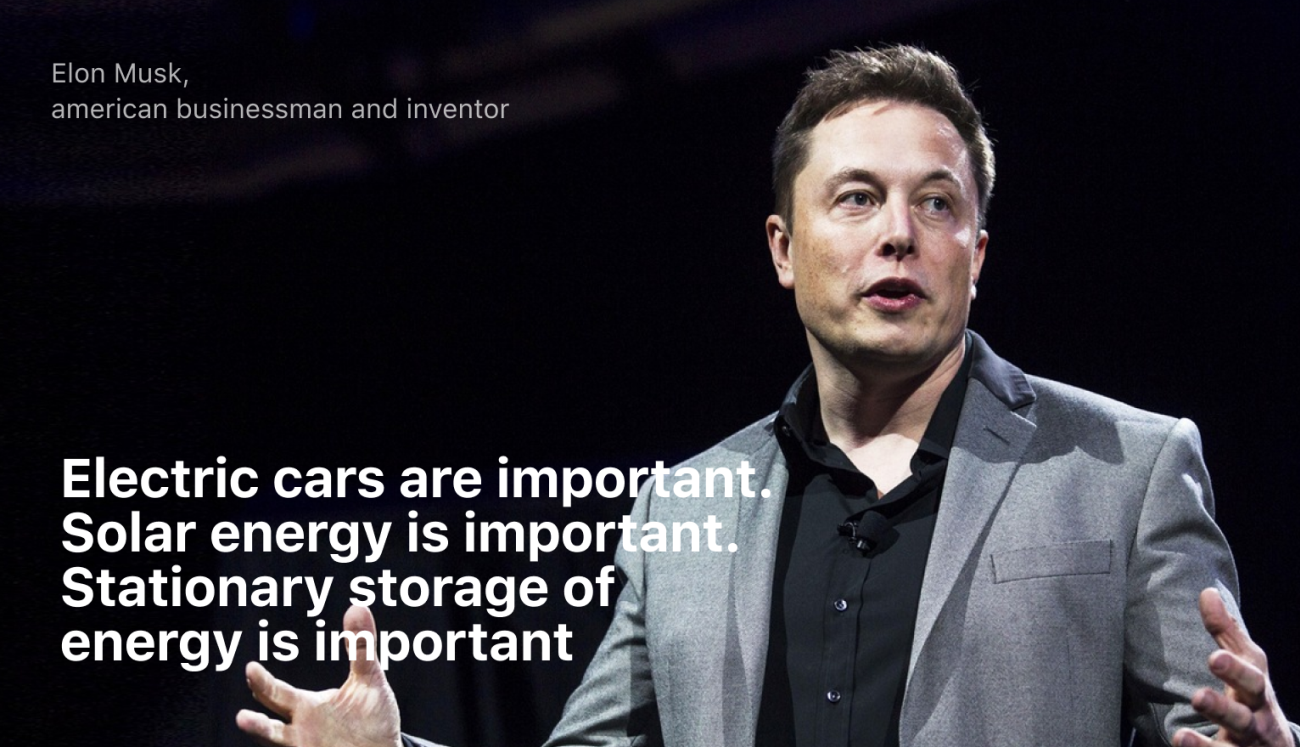
Elon Musk’s words about powering China with just solar energy scatter just as fast as his controversial live air smoking of marijuana. He states the need to exit the era of fossil fuels and switch to renewable energy: “Electric cars are important. Solar energy is important. Stationary storage of energy is important.”
The “environmental activist club” includes well-known musicians such as Thom Yorke from Radiohead and Björk who pay great attention to this topic. Actor Ashton Kutcher posted a video on how Iceland receives energy from thermal waters and volcanic activity, saying: “I hope more countries embrace clean energy” while Leonardo DiCaprio spoke at the UN Summit on the environmental crisis.
Pope Francis, the Catholic leader, criticizes countries for inaction on environmental issues and proclaims “the need for a collective response to help build our common home.”
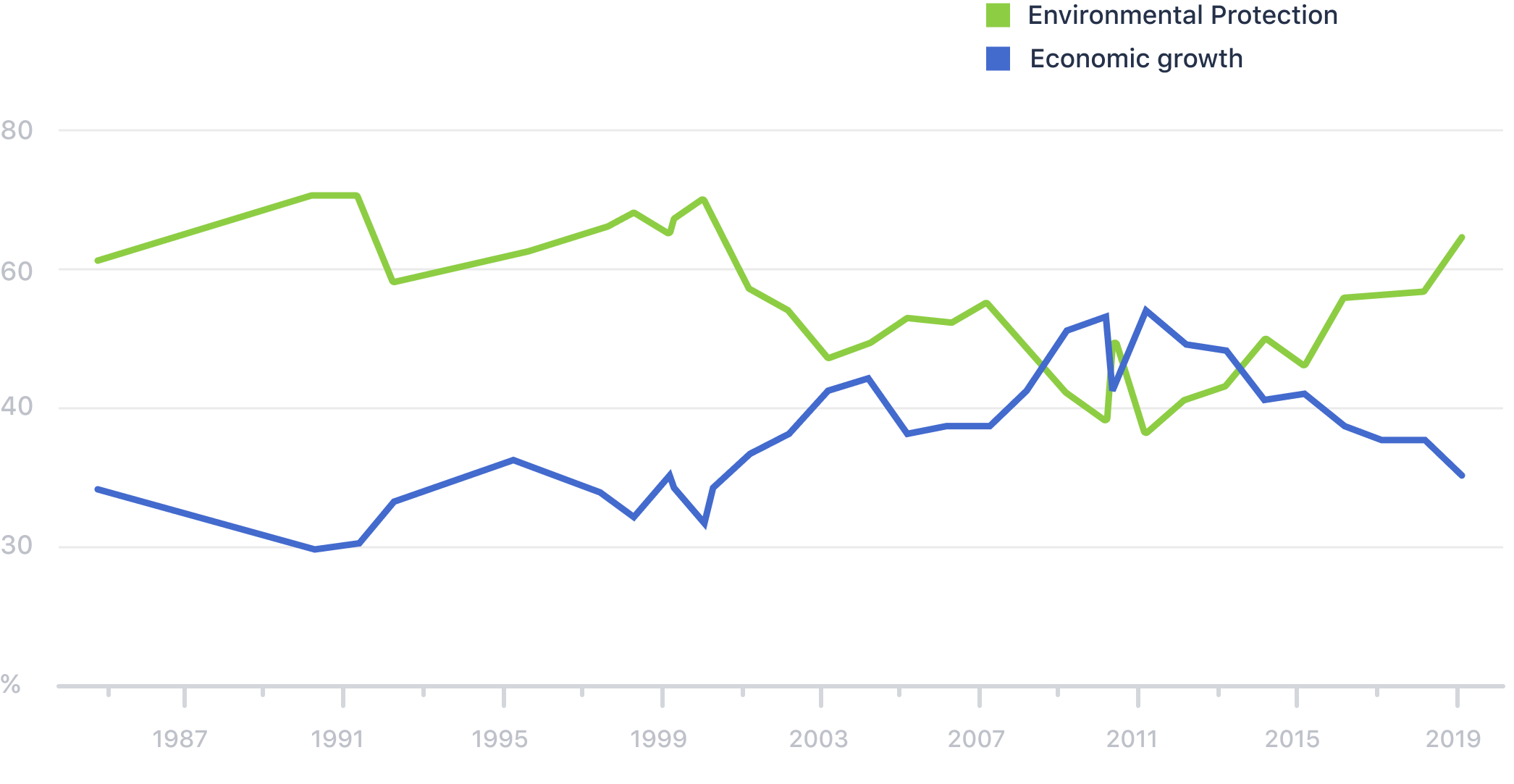
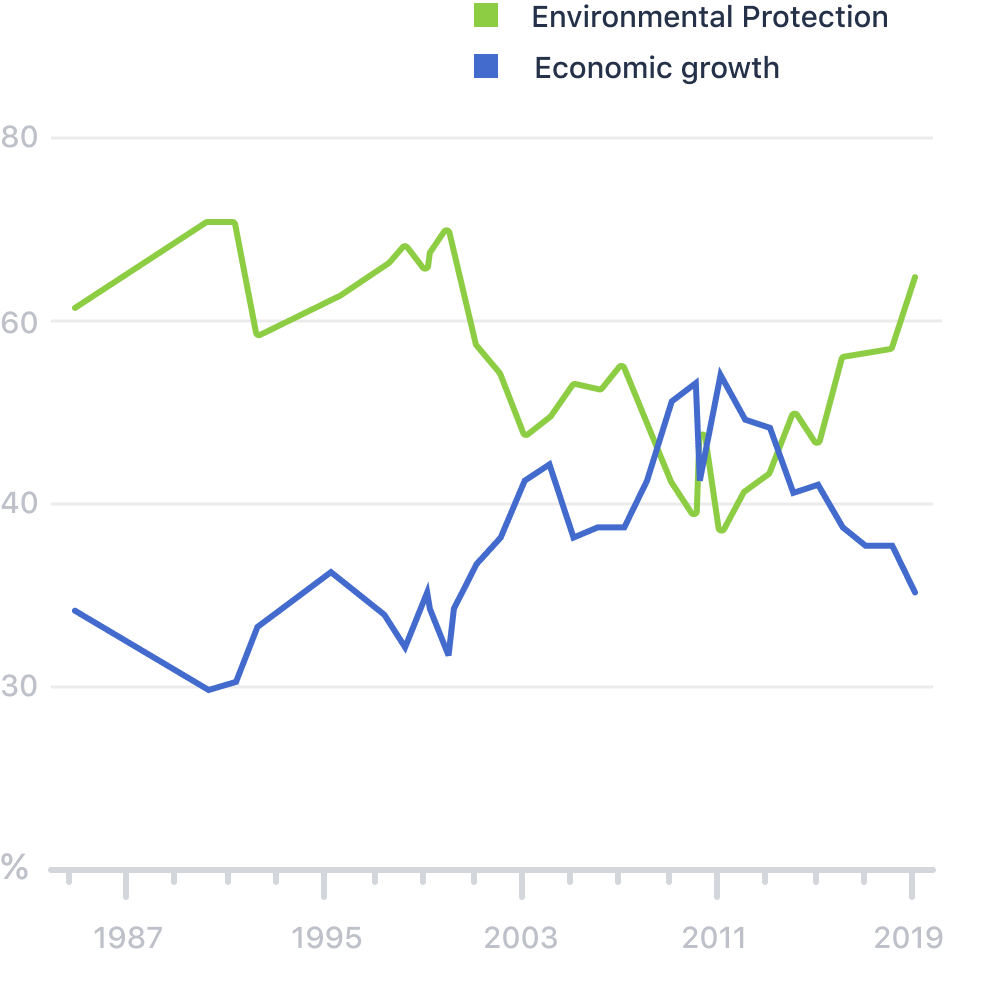
Some might say that all this is just speculation on a fashionable topic. But statistics show that mass advocacy by scholars, stars, national leaders and religious leaders gets results. According to surveys, starting from 1985 (with the exception of 2007-2013), US citizens are more concerned about environmental protection than economic growth.
However, the story of Greta Thunberg, a schoolgirl from Sweden who started “Fridays for Climate”, showed that despite the unity of the world against the environmental crisis, there is still huge tension in society. Many “do not see” the problem. From the stage of the UN summit in 2019, Greta accused world leaders of inaction in an emotional and resonant form.
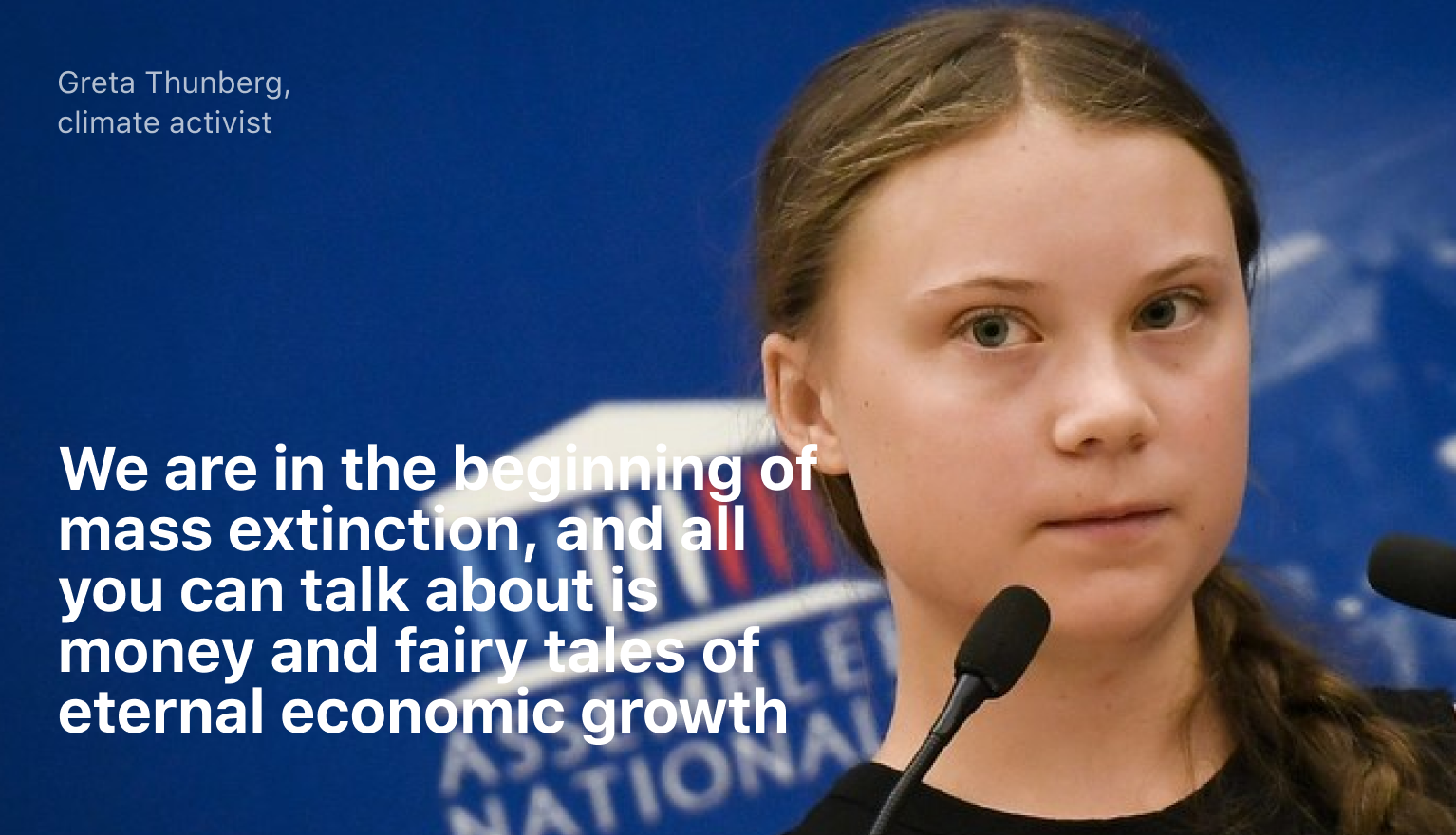
The Fridays for Future campaign launched by Greta has received support in many countries around the world. She has become a symbol of the young generation, which will have to live with the consequences of a careless environmental policy, if the situation is not changed now.
There are those who do not take environmental problems seriously and consider green energy a threat
There are always skeptics. One thing is when it comes to kitchen table conversations. Another is when these skeptics make decisions at the state level.
For example, Russia has long secured the status of a country that has not decided on its position on the climate crisis. There, the state leader calls climate change “a factor that supports optimism”, because it creates better conditions for economic activity in some regions and says he “does not share [the] general upsurge” regarding Greta Thunberg’s speech at the UN summit, and believes that green energy harms the planet, people and animals: “will it be comfortable for people to live on a planet covered with a picket fence of windmills and covered with several layers of solar panels? How many birds die through windmills! They shake so much that worms crawl out of the ground”, the Russian leader commented. When it comes to birds, there are risks, although not so large as to threaten the entire population or at least a particular species. When it comes to worms, this is simply fiction — there is no evidence to prove that wind turbines threaten them.
Despite this, in September 2019, Russia announced plans to ratify the Paris Agreement. Bloomberg journalists sources among the Russian authorities argue that this is a pragmatic calculation. In the end, Russian presidential spokesman Dmitry Peskov bluntly said that ratification of the agreements does not mean supporting the scientific ideas behind them.
Mohammad Al-Saban, chief adviser to the Saudi Minister of Energy, writes about the so-called “environmental mafia”, a conspiracy and “big lie” regarding the climate crisis. Brazilian President Jair Bolsonaro went to the polls promising to increase deforestation of the Amazonian forests, and has already moved to action. The British newspaper The Guardian issued an editorial statement regarding events in Brazil and once again emphasized: “A tropical disaster is created by people.” Unfortunately, public pressure did not stop the Brazilian president, who initiated the process of deforestation, hiding behind the need for “economic growth.”
US President Donald Trump has also been heavily criticized for his withdrawal from the Paris Agreement.
The world is divided into two “clubs”. The “club” of far-sighted countries, regardless of their political systems, is gradually switching to green energy so that humanity can live in the future. The “club” of skeptics inhibits this process. However, practice shows that sooner or later all states will be forced to play according to the new environmental rules one way or another.
